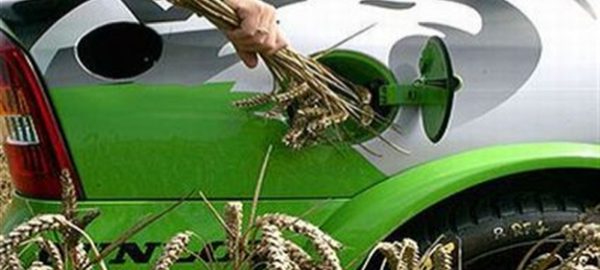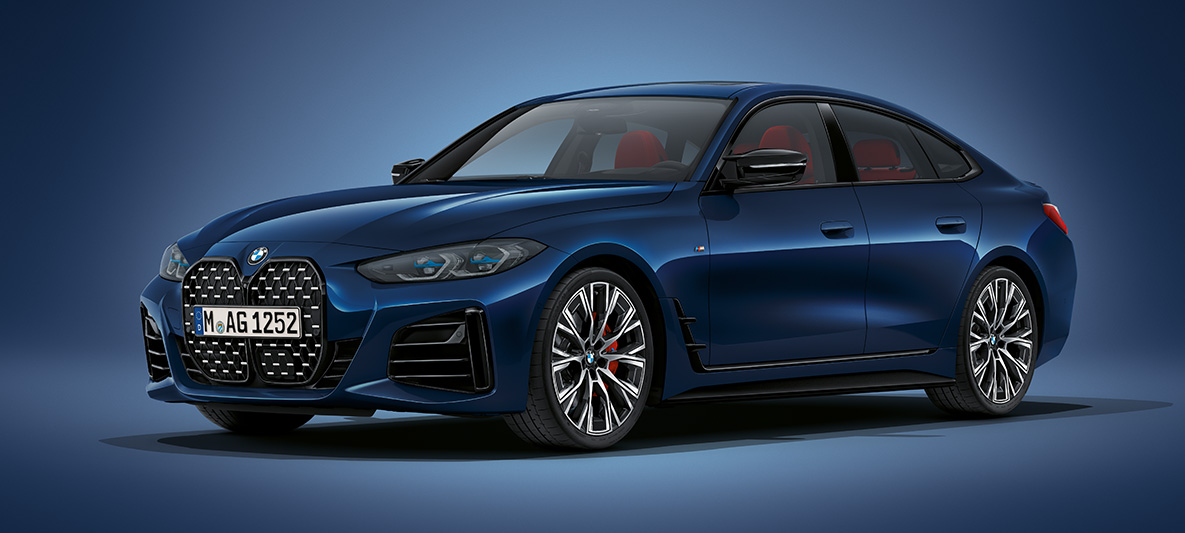One of the more interesting aspects of life on this planet is the rapid advance of technology that affects everything we do.
There is hardly an aspect of daily life that has not been influenced by the great strides in technology over the last 10 to 15 years, and that includes the motor vehicle. This progress is going to continue, and probably at an increased pace, with motoring very much in the mix along with everything from smart phones to household appliances.
A recent article in an overseas technical publication predicted that by 2020 you would not be able to drive a new car unless you were computer literate. In a country like SA, with our dreadful road safety record, education system and sociological problems, that is a frightening thought – but given the technology that is already available in motor vehicles, the prediction is probably not far off the mark.
Another forecast – and the figure depends on which website you consult – is that by 2020 there will be about 18 million electric cars or hybrids on roads worldwide. The split will be around 50/50 in terms of pure electric vehicles and hybrids, which combine an electric motor and a conventional internal combustion engine.
In recent years the demand for energy, along with earth’s limited oil reserves and the ever increasing calls for stricter environmental regulations, has led to a rapid shift in attitude from automobile manufacturers. Basic hybrid and electric car technology has been around for yonks, but in the last few years there has been a frenzy of activity.
Hybrids and electric cars are rolling off production lines at an increased pace, and predictions of growth in these areas cannot be ignored.
Spiralling costs, combined with dwindling oil reserves and environmental issues, have also turned the attention of researchers to bio fuels. The problem with bio fuels as an alternative to fossil fuels is that they are not very efficient. They can also be, over an extended period, harmful to the internal combustion engine.
In a recent issue of Leisure Wheels we highlighted the research carried out by a Western Cape company that has developed a process of transforming waste plastic and old tyres into a multi-fuel that can be used to drive a wide range of machinery. With our nose for news, we have now come across research that has produced bio fuel by using a strain of the E. coli bacteria.
Our grasp of matters scientific is a little thin, but what really interested us is that apparently the bio fuel is indistinguishable from the petrochemical fuel that costs the consumer so much in SA.
According to the New Scientist, a team led by Dr John Love at Exeter University is now “biologically producing the fuel that the oil industry makes and sells”.
We won’t go into the scientific details of just how Dr Love and his team have managed to come up with their bio fuel. But, according to New Scientist, “when modified E. coli were fed glucose, the enzymes they produced converted the sugar into fatty acids, and then turned these into hydrocarbons that were chemically and structurally identical to those found in commercial fuel”.
Elementary, my dear Watson! Dr Love and his team do, however, face a slight problem and now need to work out how to mass-produce the hydrocarbons.
It was interesting to note that Dr Love’s research was partly funded by Shell’s research arm. It is impossible to gauge just how concerned companies like Shell and BP are about bio fuels and electric and hybrid cars.
However, down the years technology has produced a few notable casualties. The name Kodak springs to mind when it comes to slipping from powerhouse to nonentity in the world of photography.
Corporate giants such as Shell and BP obviously have contingency plans to either weather the bio fuel storm or aid and abet the technological revolution in the motor industry. But South Africans who – despite an imminent drop in the fuel price at the time of writing – will still be paying more than R10 a litre for petrol, would be happy to see a few bearded fat cat sheiks, with football clubs, airlines and Eton accents, take a knock!
Oh, and just a reminder that at the beginning of 2009 we were paying R5,68 for a litre of unleaded petrol.
Dr Love’s further research will be followed with interest.








